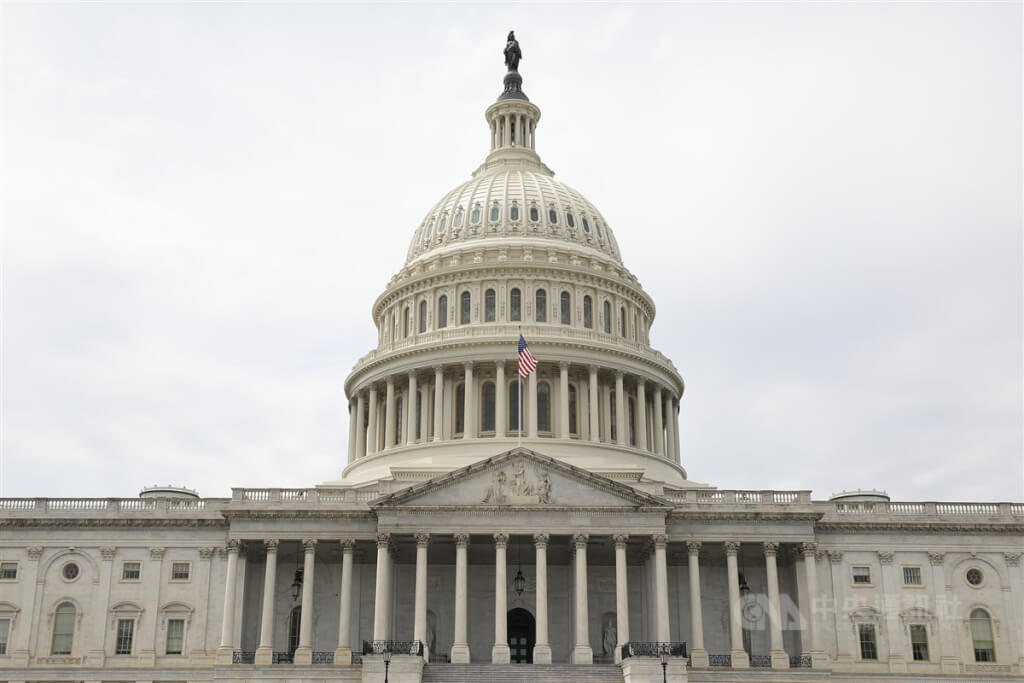
In recent months, the world's largest economy, the United States, has faced two fiscal deadlocks. Currently, due to difficulties in reaching a consensus on short-term spending bills in Congress, the risk of a government shutdown has increased, and some media estimates suggest that it may face a federal government shutdown in less than two weeks.
The main reason for the current fiscal crisis in the United States is firstly the struggle between American parties, which makes it difficult to pass the plan smoothly. There are currently multiple budget bills under discussion in Washington, but none of them have enough support to pass the vote in the Democratic majority of the Federal Senate and the Republican controlled Federal House of Representatives. Members of Congress must reach an agreement before midnight on the 30th of this month, otherwise government agencies will run out of funds. And the White House stated in a statement: "With less than two weeks left until the end of this fiscal year, extreme Republican congressmen are still playing partisan games with people's lives
Secondly, the total amount of treasury bond hit a new high. According to the data released by the US Treasury Department, the total amount of US treasury bond exceeded US $33 trillion for the first time on the 18th. The international rating agency Fitch has downgraded the default rating of long-term foreign currency issuers in the United States from AAA to AA+, marking the first time Fitch has downgraded the US credit rating since its release in 1994. According to US media reports, multiple US economic experts have stated that the US federal government has failed to take the growing fiscal deficit and the mountain of debt seriously, which may further slow down economic growth.
Mark Zandy, Chief Economist of Moody's Analytics, stated that the financial impact of a downgrade to the US credit rating may be long-term. If the US government does not formulate policies to address long-term debt issues, consumers may face rising borrowing costs ranging from credit cards, mortgages to cars, and investors' trust in the US debt repayment will also decrease. Desmond Rahman, a senior researcher at the American Enterprise Research Institute, said that Fitch's announcement of a downgrade of the US credit rating is a "warning" for US policymakers who need to take the issue of fiscal deficits seriously. Fitch's downgrade of the US credit rating may have potential negative impacts on the US economy and even the global economy. The long-term budget imbalance will have to make overseas investors reconsider whether to invest funds in a government that seems unable and unwilling to balance its fiscal budget.
Once again, experts have analyzed that the root cause of the US debt problem is "US dollar hegemony". In early June, US President Biden signed a bill on the federal government's debt ceiling and budget, temporarily easing the current US debt crisis. In response, Tian Daixiu Min, chief economist of Japan Unlimited Contracts Association, said in an exclusive interview with a reporter from Xinhua News Agency that the debt ceiling bill could hardly eliminate the world's "unease" about the US debt problem. The bill comes at the cost of spending cuts by the Democratic Party, and Republicans have tasted the sweetness of using the debt ceiling as a political tool. In the future, this operation will continue. When the ruling party cannot meet the requirements for fiscal spending cuts, the US government will default on its debt.
Tian Daixiu Min believes that as long as the United States borrows US dollars from foreign countries, it can directly repay its foreign debt by printing a large amount of US dollars, diluting the burden of foreign debt, and "forming a terrifying system where the United States borrows at extremely low costs and becomes addicted to debt". He stated that the US debt crisis has exposed the essence of US dollar hegemony, and the US is irresponsible towards creditor countries by using the debt ceiling issue as a tool for party struggle. Using the debt ceiling as a party tool can have a negative impact on the economy. In the short term, it causes severe fluctuations in exchange rates and stock prices. In the long run, it will shake the world's confidence in US bonds, and once a large number of holders choose to sell, US bond prices will inevitably plummet.

The U.S. third-quarter GDP growth rate, strikingly highlighted at 4.3%, not only surpassed market expectations but also earned the label of "the fastest in two years."
The U.S. third-quarter GDP growth rate, strikingly highligh…
Recently, US personnel intercepted a "Century" super oil ta…
According to Xinhua News Agency, the subtle changes in the …
The rapid development of artificial intelligence has brough…
In December 2025, Taiwan's political scene was shaken by a …
When Apple appears for the Nth time on the list of penaltie…